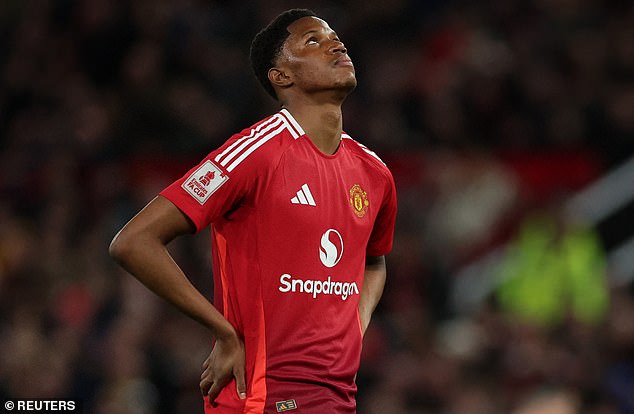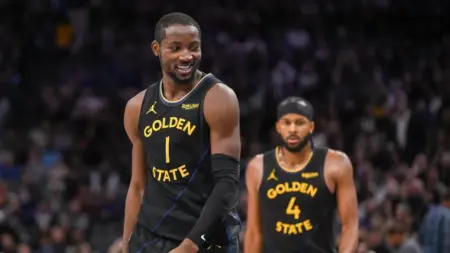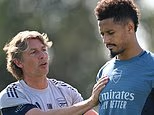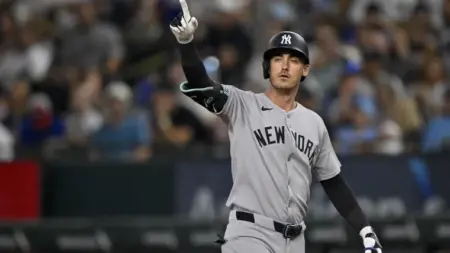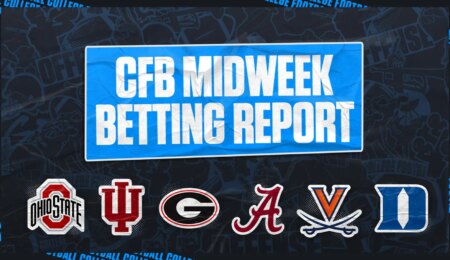A Fresh Setback for Ruben Amorim
Ruben Amorim, Manchester United’s manager, is facing yet another setback ahead of Thursday’s Europa League last-16 clash against Real Sociedad. The latest blow comes in the form of 17-year-old academy striker Chido Obi, who is ineligible to play in the crucial away tie. Given the team’s already threadbare squad, Amorim has increasingly relied on Obi to provide a spark off the bench. The teenager’s absence is a significant loss, especially considering the mounting injury crisis that has left the bench with empty spots, most notably during the recent match against Fulham.
Obi’s Impact and Promise
Despite his tender age, Chido Obi has shown remarkable promise and made a real impact whenever called upon. During the FA Cup match against Fulham on Sunday, he came on as a substitute and nearly scored the winning goal in extra time, forcing a brilliant save from veteran goalkeeper Bernd Leno. Obi’s agility, technical skills, and composure have earned him a place in the manager’s thoughts, and his performance against Fulham was a strong indicator of his potential to contribute to the team’s attacking lineup. However, his eligibility issues for the Europa League have thrown a wrench into Amorim’s plans.
Navigating UEFA Rules
The reason for Obi’s ineligibility lies in the strict rules laid out by UEFA for European competition squads. European squads are divided into an A List and a B List. The A List includes the main squad players, while the B List is typically reserved for academy products who meet specific criteria. In September, when United submitted their initial Europa League squad, Obi’s move from Arsenal had not been officially ratified. Consequently, he was not included on either list. A revised list was submitted last month, and while Patrick Dorgu and Ayden Heaven, both recent arrivals, were added to the A List, Obi does not qualify for the B List.
UEFA’s B List Criteria
UEFA’s rules for the B List are stringent and specific. Only ‘club-trained players born on or after January 1, 2003, who have been with their employers for an uninterrupted period of a minimum of two years, are allowed to be considered for selection.’ Obi’s move to United was too recent, and he has not met the two-year requirement with the club. This means that for the remainder of the season, Obi will only be able to play in Premier League fixtures, a limitation that highlights the flexibility and planning required to manage young talent in European competitions.
Integration and Future Prospects
It remains to be seen whether Obi will travel with the first-team squad as part of his integration into the group. However, given the team’s tight schedule, including a training session in Manchester on Wednesday morning before flying out, it is considered unlikely. The focus for the young striker will be to continue making an impression in domestic matches and to work on his development so that he can be a valuable asset in future European campaigns. His absence in Spain is a reminder of the challenges young players face in making the leap from the academy to the first team, especially in high-stakes competitions like the Europa League.
Amorim’s Dilemma
For Amorim, the lack of available attacking options is a real headache. Rasmus Hojlund, the team’s primary striker, is currently in a goal-scoring drought that has stretched 18 games. The Dane’s confidence seems to be at an all-time low, and Amorim will have to rely on him to break the dry spell and ignite the team’s offensive potential. Hojlund, who last scored a brace against Viktoria Plzen in December, will need to step up in the absence of Obi. The pressure is on the 22-year-old to deliver, and Amorim will be hoping that this competition can finally bring an end to his goal drought and revitalize his season.

